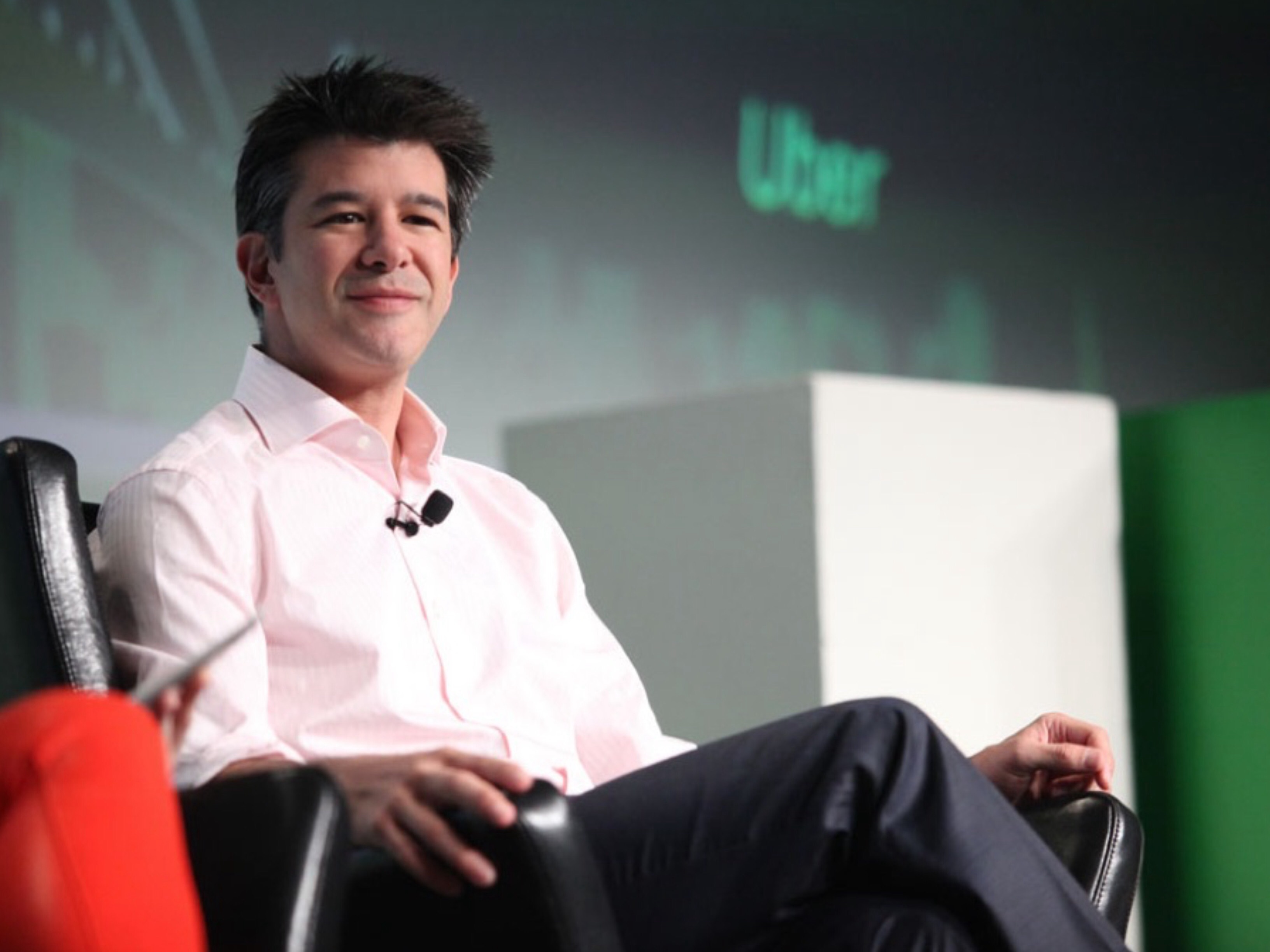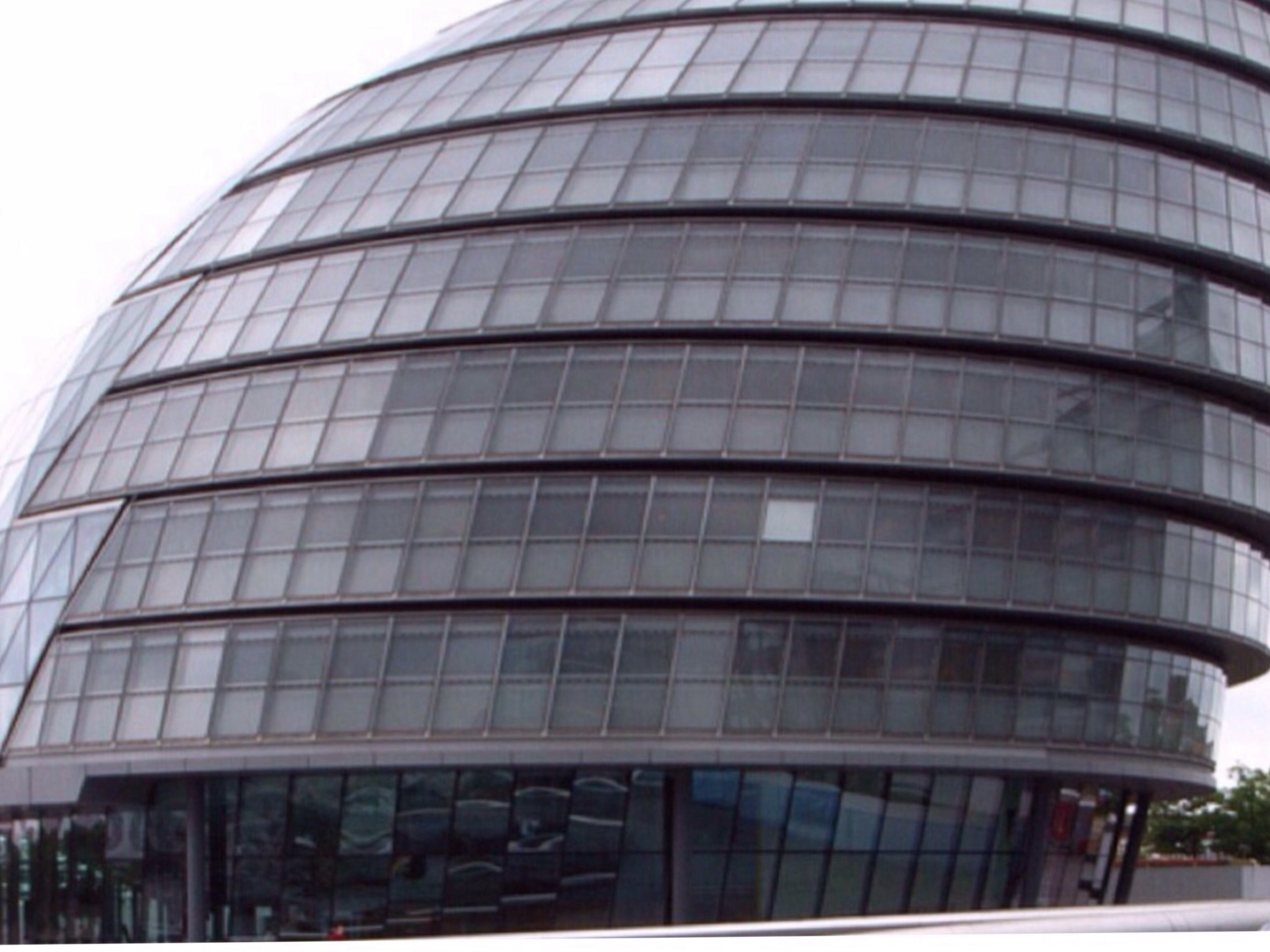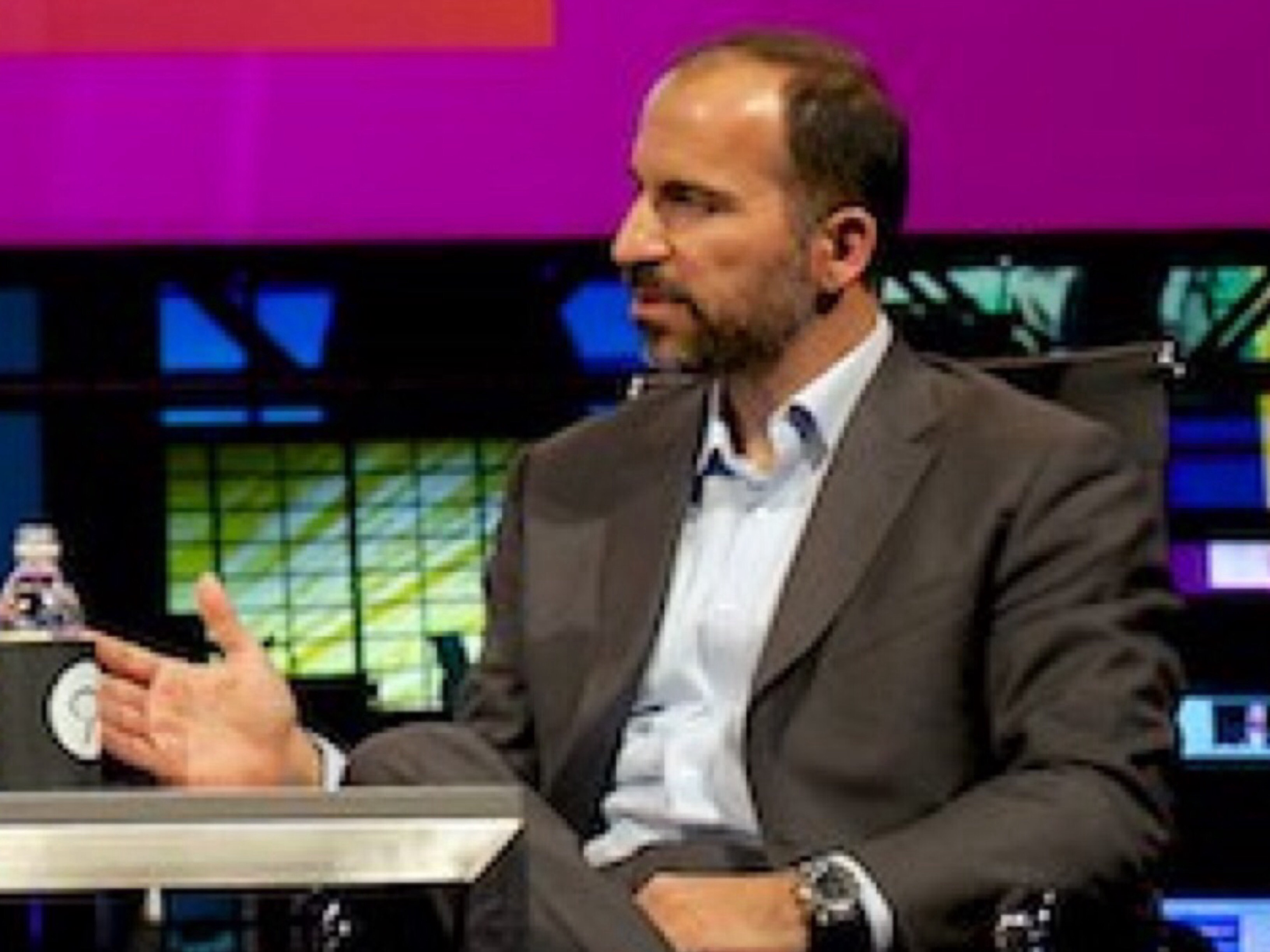via taxi-point https://ift.tt/2LO3eUy




 May 31, 2018 at 01:23PM https://ift.tt/2ufVjKI THESE POSTS ARE NOT OUR ENDORSEMENT
May 31, 2018 at 01:23PM https://ift.tt/2ufVjKI THESE POSTS ARE NOT OUR ENDORSEMENT


And so it begins, as the charm offensive goes into uberdrive, we look at Uber's upcoming licensing appeal hearing and what it could mean for TfL.
Here is a brief timeline of events from the moment that Uber arrived in London.
July 2012:
Uber launched in London prior to the 2012 Olympics. Travis Kalanick proclaimed London as the "gold standard," a market that it had to crack or else give up any pretensions of re-imagining the taxi industry on a global basis
July 2013:
Uber launched UberX, a development that not only upended the licensed London taxi industry, but also private hire companies such as Addison Lee.
June 2014:
The licensed London taxi industry staged the first of a number of protests against both TfL and Uber in relation as to how Uber were afforded a licence, without necessarily meeting all of transport for London's licensing criteria. The initial protest backfired as downloads of the Uber app soared by 850%. Uber claimed the PR spoils against what Kalanick termed an “asshole named Taxi.”

December 2014:
The London Assembly concluded that Transport for London’s policing of the private hire industry is “not fit for purpose” and “woefully inadequate.”
May 2015:
Rachel Whetstone wass hired by Uber as its head of public policy and communications. Rachel Whetstone is also a close friend of the then Prime Minister David Cameron, she was also godmother to David Cameron's late son Ivan. She is also linked, via her family to both the Institute of Economic Affairs and the Adam Smith Institute both neo-liberal, free market endorsing "think tanks”, who are both highly sympathetic toward Uber.
July 2015:
The London Private Hire Car Association urged the European Union to investigate Uber’s tax dealings, as the company pushed a large proportion of its international payments through the Netherlands, meaning it paid no U.K. tax on the fees received through U.K. drivers. The Netherlands office operated a licensing deal with another offshore affiliate that protectwd almost all of its income from taxation.

November 2015:
Boris Johnson, the Mayor of London, bemoaned the fact that David Cameron’s government had obstructed him when he wanted to implent a licence cap on the private hire industry. Johnson also had complained that the increasing number of Uber drivers had led to traffic congestion, pollution and illegal parking throughout London. It is revealed by Boris Johnson that his efforts to regulate both Uber and the wider PHV industry were stifled by both David Cameron and Chancellor of the Exchequer, George Osborne as well as Daniel Korski, who was assigned by Cameron to make sure Boris Johnson didn't upset Uber.December 2015:
Ten Uber drivers take the company to an employment tribunal, alleging that they earn less than the minimum wage.
September 2016:
Sadiq Khan, the new London Mayor, elected in June 2016 proposed new rules for the private hire industry, which included a secondary driving test and an English language test. He also ordered Uber drivers to obtain hire and reward insurance. This was (and is) a large operating cost that many had been attempting to avoid or evade.
October 2016:
The High Court ruled in favour for the drivers in the employment tribunal case, saying they’re entitled to the minimum wage and statutory paid holiday. It poured derision on Uber’s claim that it was a technology company: “The notion that Uber in London is a mosaic of 30,000 small businesses linked by a common ‘platform’ is to our minds faintly ridiculous,” Judge Anthony Nelson wrote in the ruling.
June 2017 :
A crowd-funded lawsuit claimed that Uber should be collecting tax. Reuters estimated that Uber’s (approximately) 40,000 drivers in the U.K were generating in excess of £1 billion pounds per annum. This indicated that it may have been avoiding up to £40 million per annum in VAT. In that same month Travis Kalanick was forced to step down as CEO.
August 2017:
Dara Khosrowshahi is selected to become the new CEO of Uber. Khosroshahi was previpusly the CEO of travel website Expedia. He promised to ditch the "move fast and break things, dont ask permission ask for forgiveness" ethos that had dogged Uber under Travis Kalanicks tenure, and promised a more ethical approach to the industry.

September 2017:
TfL changed the way operator licences were costed, as a result of this Uber’s licence fee would rise to approximately £3 million. The number of private hire drivers in London had increased by 100% to 116,000 in the five years since Uber launched. TfL then stated that it wouldn't renew Uber’s licence when it expired at the end of the month, saying the company is not a “fit and proper” owner and accusing it of inadequate background checks, failing to report criminal incidents to the police and using its ‘Greyball’ software to stop regulators from policing it effectively. Uber subsequently appeed the ruling.
And here we are, May 2018, Uber have launched what can only be described as an incredible PR initiative, as well as an aggresive business initiative.
In recent weeks Uber have linked up with Virgin Trains from their West Coast Line out of Euston, they have linked up with charity Cancer Research UK, the advertising campaign has been relentless including a channel 4 on demand programme called Where to Britain, which is a 5 minute advertorial, finally The Evening Standard has agreed a £3 million deal with six major companies, one of whom is Uber, promising positive news and favourable coverage.
As D-Day approaches for Uber, Transport for London find themselves in a very interesting position.
If Uber's appeal is not successful, TFL not only stand to lose £3 million pounds or thereabouts in revenue from Uber, but they will also lose control of the drivers who are on the Uber platform in London.
All that will happen is that Uber will operate from a different licensing area and their drivers will exploit the lack of cross border hiring legislation, despite the fact that Uber have implemented their own cross-border hiring restriction, narrowing the UK down to several different areas.
If Uber are successful in their appel, then although it will cost them £3 million in licensing fees, they will be able to recruit new drivers ad-infinitum, as there is no legislation surrounding capping. As a result of this TFL will still only have relatively limited control.
The real Devil in the piece is Chris Grayling, the Secretary of State for Transport, who could if he so wished, bring in ban on cross-border hiring as well as allowing local authorities to cap private hire and taxi vehicle licences.
As yet Chris Grayling has failed to act, which leaves every local authority wide open, including Transport for London.
Ultimately, whether Uber win their appeal or not is almost an irrelevance, as they will still be able to carry on operating in London, albeit from a different licensing area.
As for the appeal itself, it is unlikely to be judged on Uber's previous misdeeds, but more likely judged on their current action and the action going forward.
Whatever the outcome, both the licensed taxi industry and the private hire industry, need to not only deal with the massive number of uber drivers not only in London but across the country. They also now need to find ways of being ahead of the curb technologically rather than playing catch up.
It seems the month of June could be an extremely interesting one for both the taxi and private hire industries.

No comments:
Post a Comment